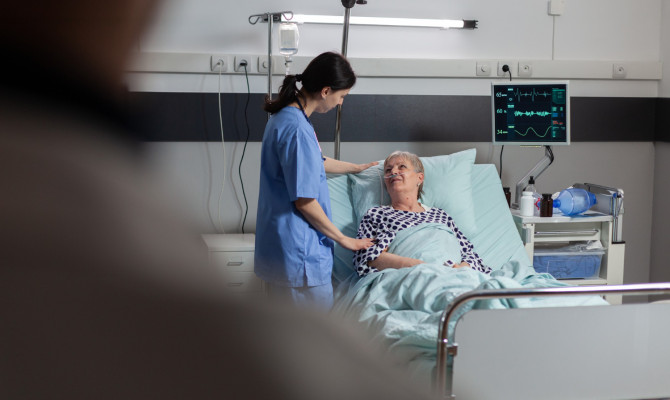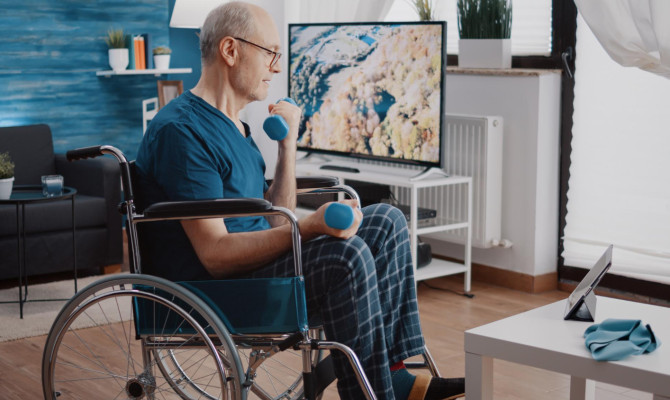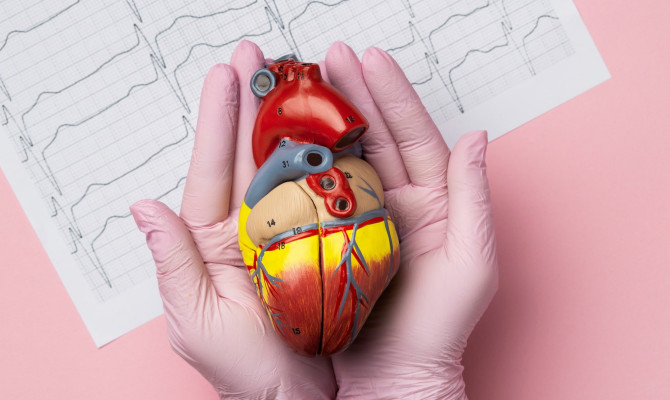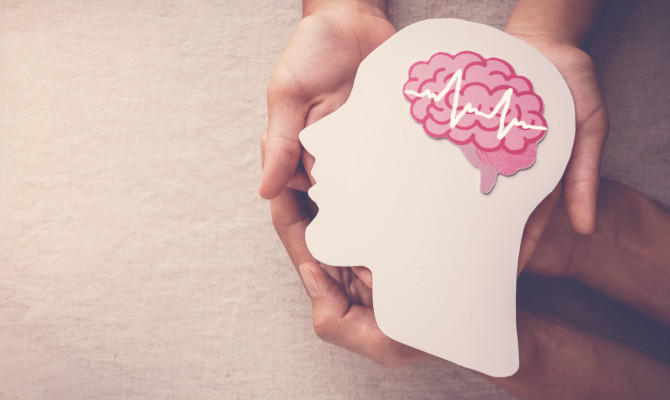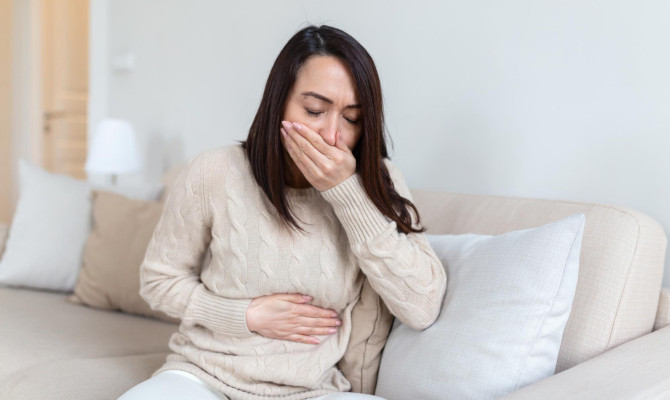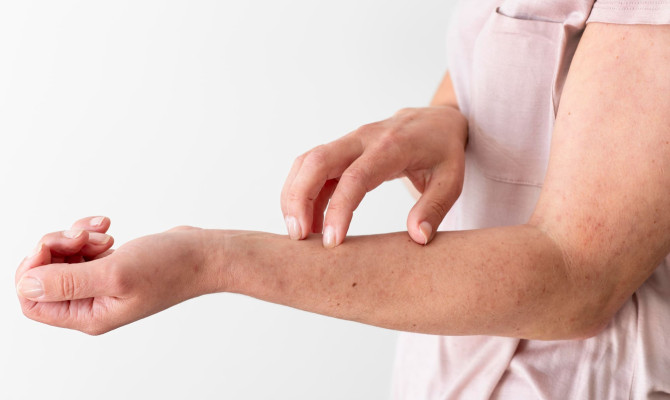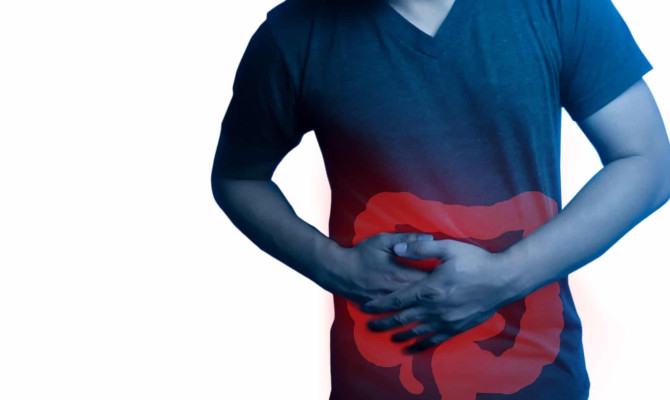Cyst vs Abscess: Causes, Symptoms & Treatment

- Abscess
- 20 Oct 2023
Overview
Cyst vs Abscess
An abscess is a pus-filled pocket that can develop in all organs and tissues of your body. Toxins produced by invading germs can kill the body’s fighting cells (white blood cells) that get to an injury site. Dead white blood cells, together with damaged tissue and germs, make up pus. 1 Overview | Researched based study from MedlinePlus A cyst is a pouch or sac in or on your body that can contain liquid, semi-solid material, or air. Like abscesses, cysts can form in any part of your body. Cysts can vary in size, from very small sacs to the size of a ping-pong ball or even a nutmeg. Most cysts do not turn into cancer. 2 Overview | Researched based study from Healthdirect Australia A cyst can turn into an abscess if the liquid within gets infected.

Causes
Cyst & Abscess Causes
Abscess Causes
- The occurrence of skin abscesses is 24.6 per 1000 people per year. 3 Causes | Researched based study from ResearchGate
- Bacteria are the main cause of an abscess. But, other microorganisms, like some parasites, can cause an abscess to develop.
- For example, Entamoeba histolytica, the parasite that causes dysentery can lead to a liver abscess.
Some factors can make you more susceptible to developing an abscess. They include:
- Old age – as you grow older, germs can easily invade your body organs or tissues to form abscesses because your body’s immunity weakens.
- Excess weight (obesity) – excess weight makes you more susceptible to different kinds of infections, thus increasing your risk of developing an abscess.
- Skin disorders – some skin disorders like psoriasis, eczema, and acne may give room for an abscess to develop.
- High blood sugar (diabetes) – If you have high blood sugar levels, you have a higher risk of developing an abscess compared to those with normal blood sugar levels.
- Immuno-deficiency – a weakened immunity (caused by HIV, long-term use of corticosteroids, et cetera.) can expose you to opportunistic infections that can form abscesses.
- Disabled skin barrier – skin trauma, such as cuts, wounds, or injections, can create a skin break where bacteria can get in, multiply, and form an abscess.
What causes a cyst to develop?
- An obstruction to the flow of fluids or oils may cause a cyst.
- The obstruction can be due to an infection, an injury (after getting an ear or nose piercing), parasites (tapeworm infection), tumors, hormonal changes, or a gene-related disorder. 2 Causes | Researched based study from Healthdirect Australia
Some factors may increase your risk for cysts. They include:
- Age – like abscesses, some cysts appear as you grow older. For example, kidney cysts are common in people in their forties.
- Female sex – many types of cysts are due to female hormones like estrogen and progesterone. 2 Causes | Researched based study from Healthdirect Australia For example, ovarian cysts and breast cysts.
Symptoms
Symptoms of Cyst & Abscess
Abscess Symptoms
The symptoms of an abscess will depend on where it is found in your body. The symptoms of a skin abscess may include:
- Swelling beneath the skin that can be hard or firm
- Pain, warmth, and redness in the affected zone
Internal abscesses are more difficult to identify and develop inside other organs or in the spaces between them. You may not have any evident sign if you have an internal abscess and the symptoms will be linked to the organ in which the abscess develops. For instance, a kidney abscess may lead to pus in urine while an abscess in or near the lungs may cause a cough with pus in sputum. 1 Symptoms | Researched based study from MedlinePlus
The general symptoms of an internal abscess may include:
- Discomfort in the affected area
- Fever
- A feeling of being sick
- Loss of appetite
- Increased sweating
- Weight loss
- Pain or swelling in your abdomen
- Vomiting
- Fatigue
- Diarrhea
- Constipation.
Symptoms of a Cyst:
- Your symptoms will depend on the nature of the cyst and where it is found in your body.
- For example, a cyst in your ovary may cause tummy pains, pain during sexual intercourse, heavy periods, etc.
- Most cysts have no symptoms though some may cause pain, especially if they increase in size and cause pressure. 2 Symptoms | Researched based study from Healthdirect Australia
When to get help?
Seek medical care if you think you may have an abscess or a cyst. Some cysts are cancerous and need careful attention and specific treatments.
Types
Types of Cyst & Abscess
Types of Abscesses
Abscesses carry the name of the organ or tissue where they form. Some common types of abscesses include:
- Liver abscess – the liver receives the majority of blood in circulation. As a result, bacteria can easily get stuck in the liver and lead to an abscess.
- Bartholin’s abscess – the Bartholin’s glands are on each side of the vaginal opening and liberate a fluid that lubricates it. An abscess can form if the gland gets infected.
- Dental abscess – you may have pains, redness, and swelling around the infected tooth if you have a dental abscess. The pus can spread to neighboring tissues and cause severe complications.
- Pilonidal abscess – a pus-filled pocket that forms at the base of the spine, in the crease between the buttocks.
- Perianal abscess – a painful pus-filled sac that forms at the verge of the anus. This may cause significant discomfort and lead to a widespread blood infection if left untreated.
- Breast abscess – a breast abscess is common in breastfeeding women. The breast milk flows with pus. In the event of a breast abscess, you may have to stop breastfeeding.
- Brain abscess – a brain abscess is a life-threatening situation and may occur after nerve surgery or head trauma. If your immunity is weakened, you may develop a brain abscess due to opportunistic microorganisms like some parasites.
- Kidney abscess – if you notice pus in your urine, you may have a kidney abscess. It is very challenging to diagnose and may require imaging tests like a computed tomography (CT) scan and magnetic resonance imaging (MRI).
Types of cysts
There are several types of cysts, depending on where they develop in or on the body. Some common types of cysts are:
- Acne cysts – a severe form of acne in which cysts form below the skin. Blocked skin pores, by oil and dead skin cells, can lead to acne cysts.
- Breast cysts – they are common, usually non-cancerous, and typically develop in women aged between 30 and 50 years.
- Bartholin’s cyst – these are cysts that form in the Bartholin’s gland. They are common and can turn into an abscess if left untreated.
- Chalazion cyst – an eyelid cyst that forms in an oil gland (Meibomian gland). It appears as a painless red bump at the level of the eyelid.
- Ovarian cyst – a cyst in one or both ovaries may occur without little or no symptoms. They are most often non-cancerous. Some ovarian cysts form during your menstrual cycle and are called functional cysts. Other types of cysts are less common and are not linked to your menstrual cycle. They are called organic cysts.
- Pancreatic cyst – the pancreas is an organ behind your stomach that produces substances that help you digest food. Pancreatic cysts are usually discovered by chance in the course of abdominal (tummy) imaging. Some of them can be cancerous.
- Pilonidal cyst – can either contain air or fluid and develops at the crease between the buttocks.
Diagnosis
Cyst & Abscess Diagnosis
Your healthcare provider will ask you questions to identify factors that might have increased your risk of developing the abscess or cyst and then examine it. No laboratory test is needed for uncomplicated abscesses and cysts in the absence of associated diseases. 1 Diagnosis | Researched based study from MedlinePlus Some tests include:
- Fluid analysis: After identifying the cyst, your healthcare provider may drain its fluid and send it for analysis. This will help identify the nature of the fluid and check for the presence of any bacteria or parasites.
- Pus analysis: Your healthcare provider may collect the pus and send it for analysis to identify the bacteria or parasite that has caused the abscess and determine the appropriate antibiotic to fight the bacteria. 1 Diagnosis | Researched based study from MedlinePlus
- Imaging tests: Imaging tests like an X-ray or echography can help identify internal abscesses and cysts and assess their locations and size. This can guide the drainage of the fluid or pus.
Complications
Complications of Cyst & Abscess
What could be the complications of your abscess?
The complications of an abscess or cyst are linked to the organ in which they form. If left untreated, they may lead to many complications.
The complications due to an abscess include:
- Spread of the infection to neighboring tissues
- Widespread blood infection (septicemia)
- Impaired function of vital organs
- Bleeding from blood vessels due to irritation
- Drainage of pus into adjacent tissues
Some of the complications due to a cyst include:
- Infection—left untreated, a cyst can get infected and transform into an abscess.
- Cyst rupture—an internal or external cyst can burst spontaneously. This may put your life in danger and require urgent treatment.
- Cancer—some cysts are cancerous. You should seek medical care if you have a cyst.
Treatment
Cyst & Abscess Treatment
How are abscesses and cysts treated?
- The treatment of an abscess or a cyst will depend on its size, location in the body, and the types of symptoms you have.
- Many small abscesses or cysts disappear without needing any treatment. For larger abscesses, healthcare provider may have to drain the pus and prescribe you antibiotics to clear the infection. 1 Treatment | Researched based study from MedlinePlus
- Likewise, your healthcare provider may drain your cyst and prescribe you antibiotics if it gets infected.
- When known, the underlying cause of the cyst has to be treated, and cysts that could be cancerous have to be removed by surgery. 1 Treatment | Researched based study from MedlinePlus
- Do not try to treat an abscess or a cyst yourself by squeezing or bursting it. 1 Treatment | Researched based study from MedlinePlus ,2 Treatment | Researched based study from Healthdirect Australia
Outlook
- Abscesses and cysts are common, and several factors can make you susceptible to developing them. Different types exist, depending on their location in the body.
- Surgical drainage or removal of the abscess or cyst may be needed, and antibiotics may be prescribed to clear the infection.
Takeaway
Few Things to Remember about Abscess & Cysts
- An abscess is a pus-filled pocket, while a cyst is a sac or pouch filled without fluid (which is not pus), semi-solid material, or air.
- Bacteria or parasites could cause an abscess, while an obstruction to the flow of fluids or oils due to an infection, tumors, hormonal fluctuations, et cetera can cause a cyst.
- Several factors, such as age, female sex, diabetes, injury, et cetera, can make you more susceptible to developing a cyst or an abscess.
- Depending on its location, an abscess can cause pain, swelling, redness, weight loss, loss of appetite, et cetera, while most cysts do not cause any symptoms.
- An abscess and a cyst can form in every part of your body.
- Consult your healthcare provider if you have an abscess or a cyst, and do not try to treat it yourself by squeezing or bursting.
- A cyst may be cancerous or become an abscess if infected.
- Small abscesses or cysts may disappear without any treatment, while larger abscesses and cysts may need to be drained and treated with antibiotics.
Any feedback on this article?
 This Articles content was accurate
This Articles content was accurate Very Informative Article
Very Informative Article I have a question or a comment
I have a question or a comment
 This article contains inaccurate content
This article contains inaccurate content This article was not helpful
This article was not helpful I have a question or a comment
I have a question or a comment
We appreciate your helpful feedback!
Checkout our social pages
References
-
MedlinePlus
Overview | Symptoms | Diagnosis | Treatment
-
Healthdirect Australia
Overview | Causes | Symptoms | Treatment
-
ResearchGate
Causes












